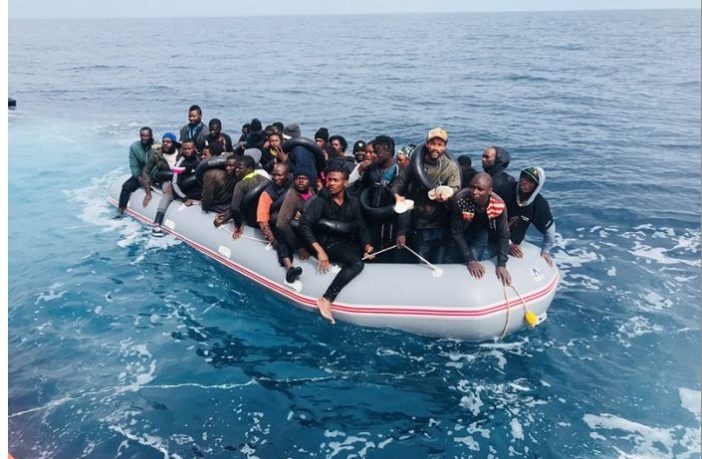Euro Weekly News
by Dilip Kuner
THE European Union has pledged €101.7 million to Morocco to help support the North African nation on border control and the fight against human trafficking.
The country is on the frontline when it comes to migrants trying to reach Spain and through it other EU countries and for several years has received help from the EU and Spain to try and control the situation.
The money promised comes from the North Africa strand of the EU Emergency Trust Fund for Africa and will be used to support the management of land, sea and airports borders. It is intended to help Morocco continue to modernise its border force by implementing new technologies and exchanging information and best practices with EU agencies such as Europol and Frontex.
An emphasis will also be put on educating young Moroccans to the dangers of illegal migration.
The European Commission’s Neighbourhood Policy and Enlargement Commissioner Olivér Várhelyi said: “Morocco plays a crucial role as a partner of the European Union. Together, we will contribute to the sustainable and inclusive growth of Morocco, we will fight smuggler networks which endanger the lives of vulnerable people and we will improve the protection of migrant victims from these criminal networks. Morocco can count on the EU, our partnership will continue uninterrupted during my term of office.”
This is part of a total package worth €390 million designed to help the Kingdom of Morocco achieve reforms and development and part of working towards a ‘Euro-Moroccan partnership for shared prosperity’.
The High Representative of the Union for Foreign Affairs and Security Policy and Vice President of the European Commission Josep Borrell said: “Morocco has long been an essential partner of the European Union (EU), with which we share borders and aspirations. Under the leadership of His Majesty, King Mohammed VI, Morocco has achieved significant steps towards modernization and has made closer ties with Europe a strategic choice. Faced with shared challenges, the time has come to give new impetus to our relationship through deeper and more diversified cooperation, including towards Africa, in order to link our futures and bring our peoples closer together.”
The new programme of aid announced by the European Comission will include €289 million financed from the bilateral cooperation envelope to support Morocco’s reforms and inclusive development.
The objectives of the programmes that have just been adopted are for improved access for vulnerable categories of people to education and vocational training; improvement of care and access to medicines in a context of advanced regionalisation; better performance by the public administration to improve transparency and the efficiency of public services provision; strengthened support for human rights; institutional support for the Moroccan Parliament.
Morocco and the European Union started working together in 2000 when the EU-Morocco Association Agreement entered into force.
The special nature of the relationship between these two partners was recognized when Morocco was granted ‘advanced status’ in 2008. The Action Plan implementing the advanced status (2013-2018) was signed in December 2013 and provided specific guidelines for cooperation between the EU and Morocco. The Joint political declaration was adopted at the last EU-Morocco Association Council in June 2019. The new strategic priorities of the EU-Morocco partnership are expected to be defined in 2020.
Following comprehensive consultations with the government, civil society and various donors, and taking into account the government’s reform priorities and the principles of aid effectiveness, a consensus was reached regarding three priority intervention sectors to be financed through the 2014-2020 bilateral envelope with an indicative amount of between €1.3 billion and €1.6bn. The priorities cover: Equitable access to basic services; Support for democratic governance, the rule of law and mobility; Employment and sustainable and inclusive growth.







